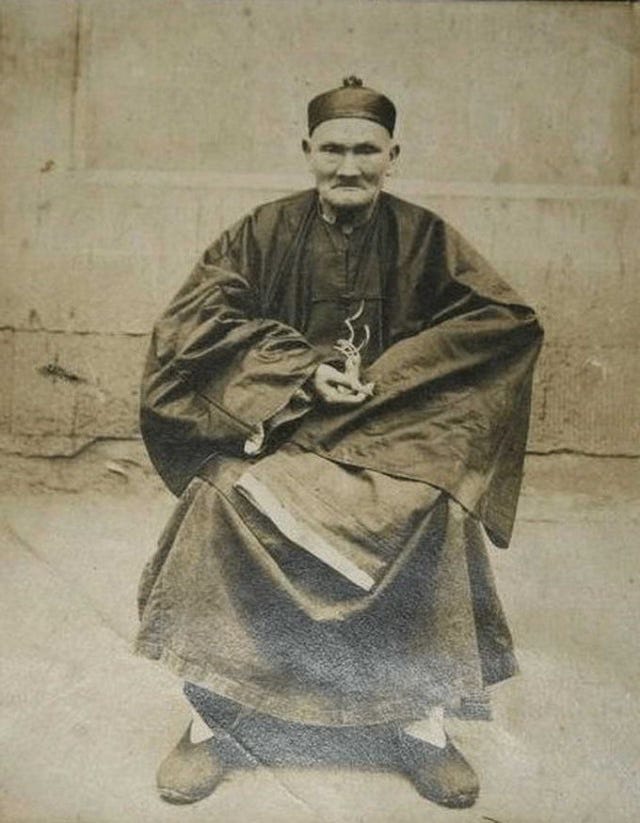Li Qing Yuen (李清雲): Exploring the Evidence of a 250-Year-Old Herbalist's Longevity
Note: This post isn’t about debating the validity of Li Qing Yuen’s age. Instead, it’s a response to the many questions I’ve been asked over the decades as I’ve studied his story. Li Qing Yuen has been the subject of countless discussions across publications, internet forums, and YouTube videos. Here, I’ve aimed to compile some of the most authoritative…



